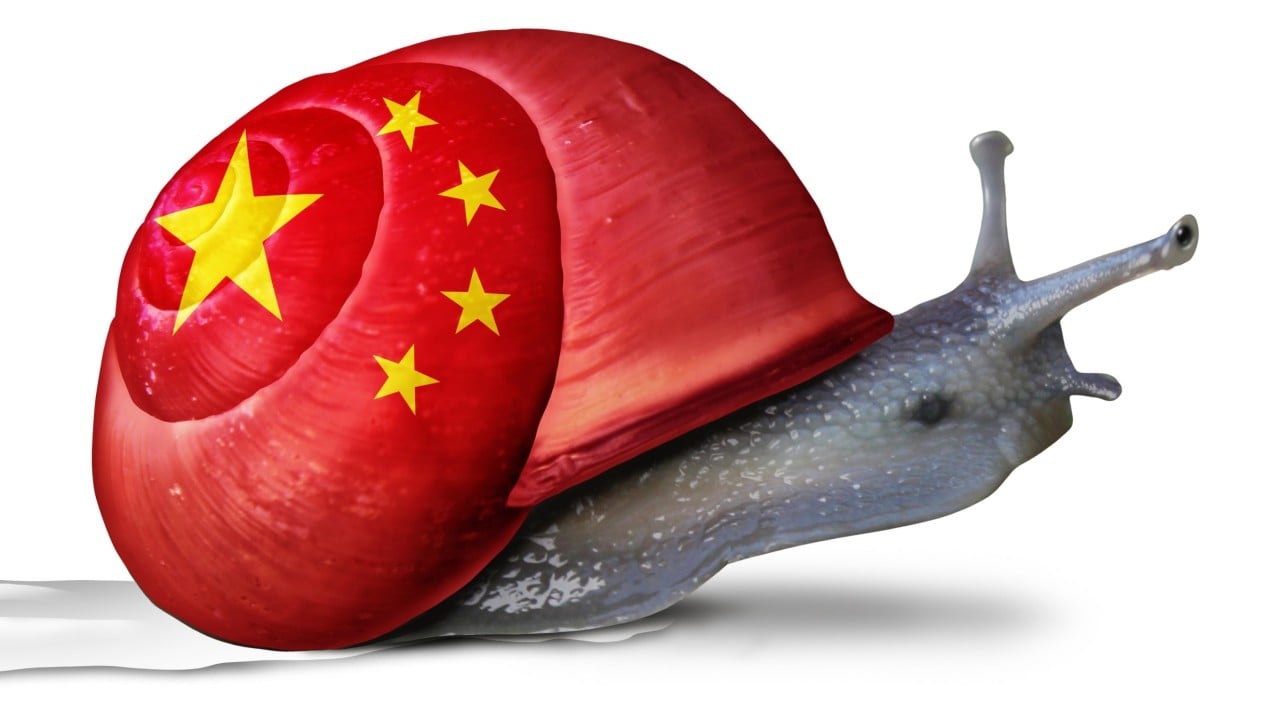In economic policy documents, Beijing’s leadership used the term “involution”, neijuan in Chinese, in efforts to combat excessive competition in market segments such as photovoltaics and lithium batteries.
Advertisement
The authorities, who criticised the domestic dumping of products, have directed local governments to behave and stop offering unreasonable incentives that would lure enterprises into highly competitive segments.
The potential worst-case scenario for continued involution would be to drive many Chinese enterprises into a vicious cycle of low-price and low-quality competition. That would undermine China’s ambition to move up the value chain via “new productive forces”.
If profit margins are worth next to zero, businesses would have little to no resources for new investments.
As an unwanted phenomenon, involution is symptomatic of bigger problems. While no one wants to throw themselves into a self-defeating rat race, local governments and enterprises have engaged in excessive competition because they have no other options.
Advertisement
China’s economic slowdown represents one underlying reason for involution.

